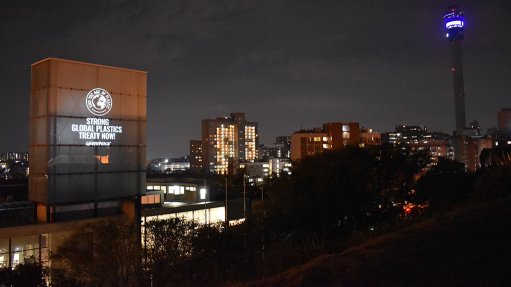
Greenpeace Africa communication and story manager Hellen Kahaso Dena says she is confident that African governments will adopt and champion a strong global treaty that will end plastic pollution through a phase-out of plastic production to protect the environment and human rights of Africans.
The second Intergovernmental Negotiating Committee session (INC2) is happening in Paris, France, from 29 May to 2 June.
The INC2 is the second in a series of five negotiating meetings happening over the next two years to secure a strong, legally binding global agreement to curb the plastic pollution crisis.
Dena explained that despite increasing evidence on the impact of plastic pollution on people’s health as well as the environment, plastic production had continued to increase year on year.
“With 99% of plastics being made from fossil fuels, plastic production is a major driver of the climate crisis and biodiversity loss. Plastic production harms communities and workers living near production sites and landfills. This year alone, we have seen the devastating impacts of the climate crisis; from droughts in Kenya to deadly cyclones and floods in Malawi and in the DRC,” she said.
Dena highlighted that plastic pollutes throughout its entire lifecycle: from the moment it is extracted to its disposal. She added that plastic proponents and corporations needed to stop relying on big oil and instead invest in re-use and refill models.
Countries such as Rwanda and Kenya needed to show leadership on the issue and match the urgency of the crisis by championing an ambitious plastics treaty, she said.
Dena called on African governments to ensure that there was fair and equitable representation throughout the negotiation and implementation process from communities disproportionately affected by the plastic pollution crisis.
She noted that this treaty was an opportunity for African leaders to stop big polluters with their relentless plastic production and to protect the climate and affected communities from these climate impacts.
African leaders could adopt a progressive plan that supported ambitious goals for a new plastic agreement to solve the plastic pollution crisis, she concluded.